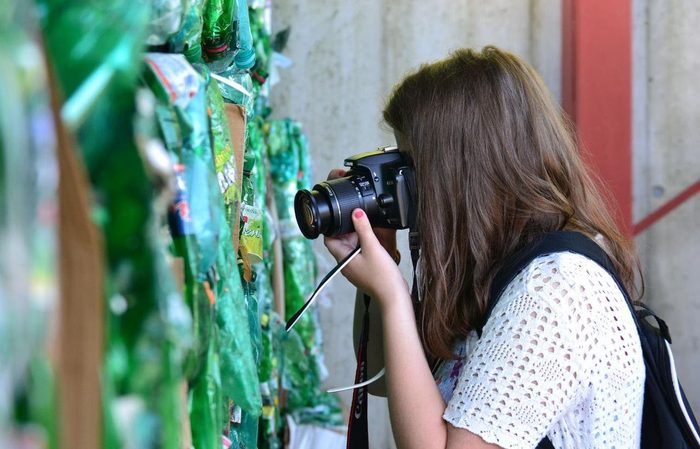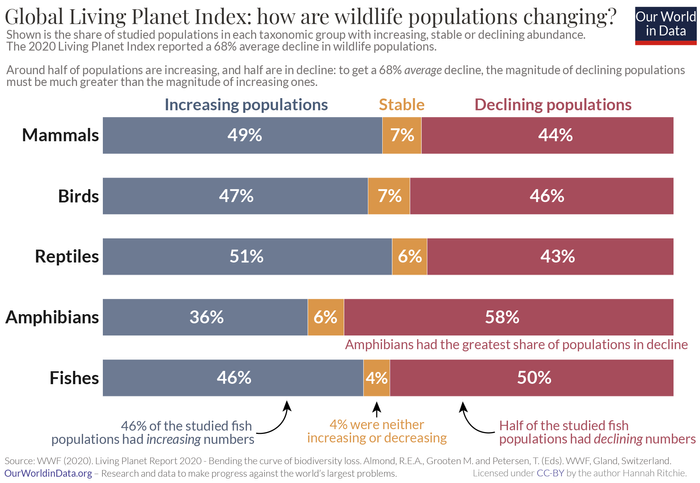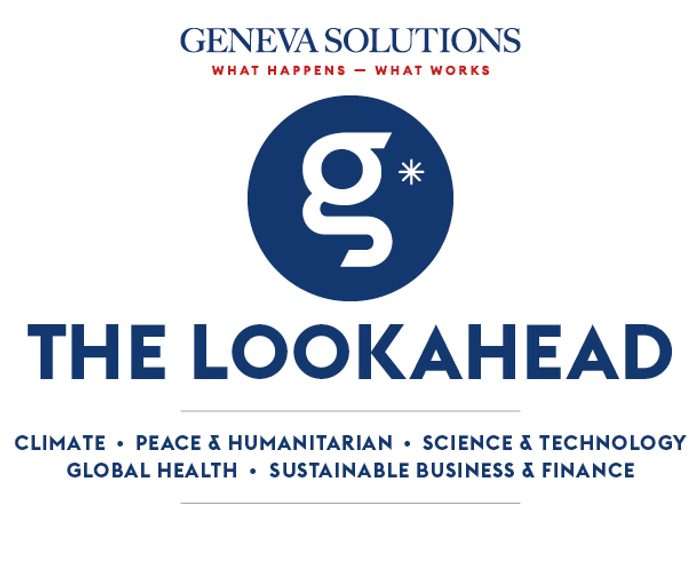Good morning, this is Bruno introducing this week a big question: is net zero a dangerous concept after all? Some scientists say so, and call for absolute carbon reductions – we see why.
We also look at how young school reporters in Switzerland compete with articles on how to best concretely tackle the ecological crisis. Meanwhile, a new research study explains that acting fast on methane leaks could deliver quick impacts on global warming. |

|

YRE gives students between 12 and 18 year old the opportunity to lean more about sustainable development issues and be heard through a journalism based on solutions. (Credit: Foundation for Environmental Education)
|
|
🌡️ ⏰ Is net zero a dangerous concept?
In an important article, three renowned scientists explain why net zero is a great idea in principle but in practice helps perpetuate a belief in ‘technological salvation’ and diminishes the sense of urgency surrounding the need to curb emissions now. Relying on hypothetical carbon sinks is a fundamental mistake, they say.
Geneva Solutions (EN)
|
|
Here's what else is happening
|

Our World In Data
|
|
🦎 Mapping biodiversity.
Fans of charts and detailed graphics will have a field day with Our World in Data's latest collection of work on biodiversity exploring, among many topics, the diversity of wildlife on the planet and how populations have changed over time, as illustrated by the chart above. Drawing on the Living Planet Report, led by the Zoological Society of London (ZSL) and World Wildlife Fund (WWF), the University of Oxford researchers hope to show a more nuanced picture of what's happening to 20,000 wildlife populations - and where conservation efforts can be prioritised.
Our World in Data (EN)
|
|

(credit: AP Photo/Silvia Izquierdo)
|
|
🌲🌲 Forest life.
Around 25 per cent of the global population are dependent on the health of forests. However, economic contractions, disruptions to trade, and lockdowns due to Covid-19 are “threatening the lifeline” that these forests provide, according to the latest report by the UN Department of Economic and Social Affairs. The publication aims to present an overview of the current progress towards achieving the 6 Global Forest Goals by 2030.
United Nations (EN)
|
|
|
📍 11 May | Switzerland Overshoot Day.
From this date onwards, Switzerland will be living on credit at the expense of future generations. If the world’s population had the same lifestyle as Swiss citizens, the resources of three planets would be necessary to ensure its existence. Learn what you can do to minimise your ecological footprint here.
Geneva Environment Network (EN)
|
|
|
Deep dive into International Geneva
|
|
|
GS news is a new media project covering the world of international cooperation and development. Don’t hesitate to forward our newsletter!
Have a good day!
|

|
|
Avenue du Bouchet 2
1209 Genève
Suisse
|
|
|
|











